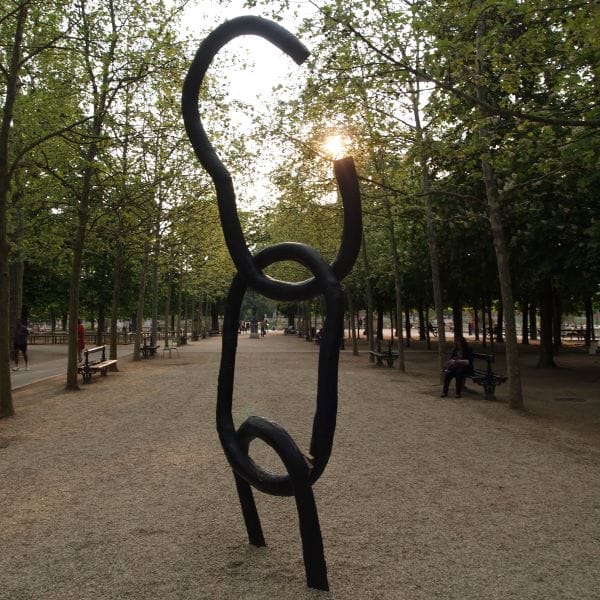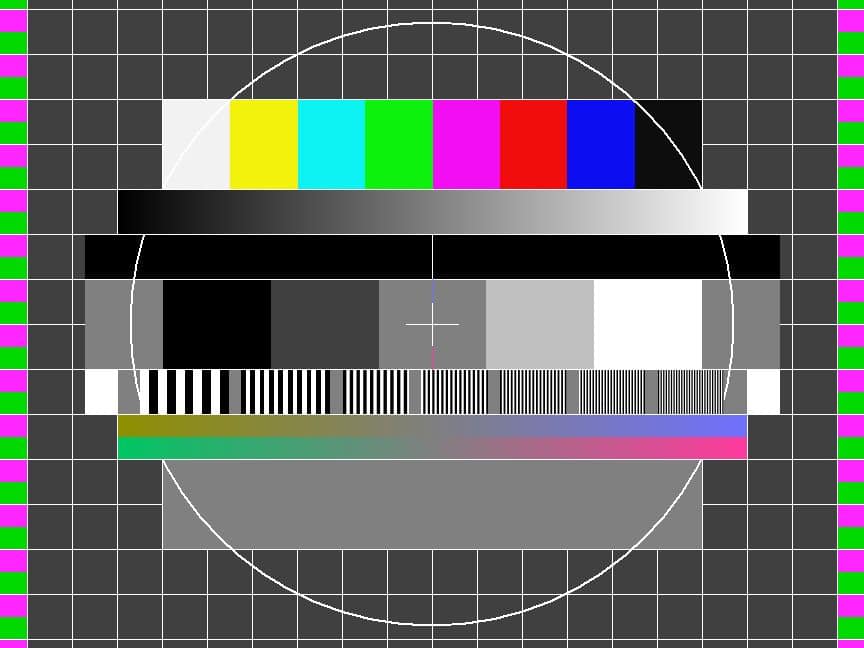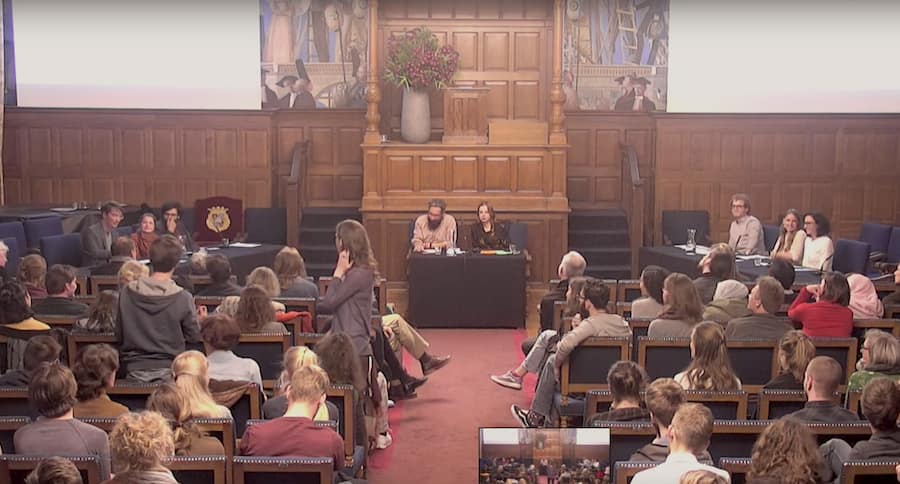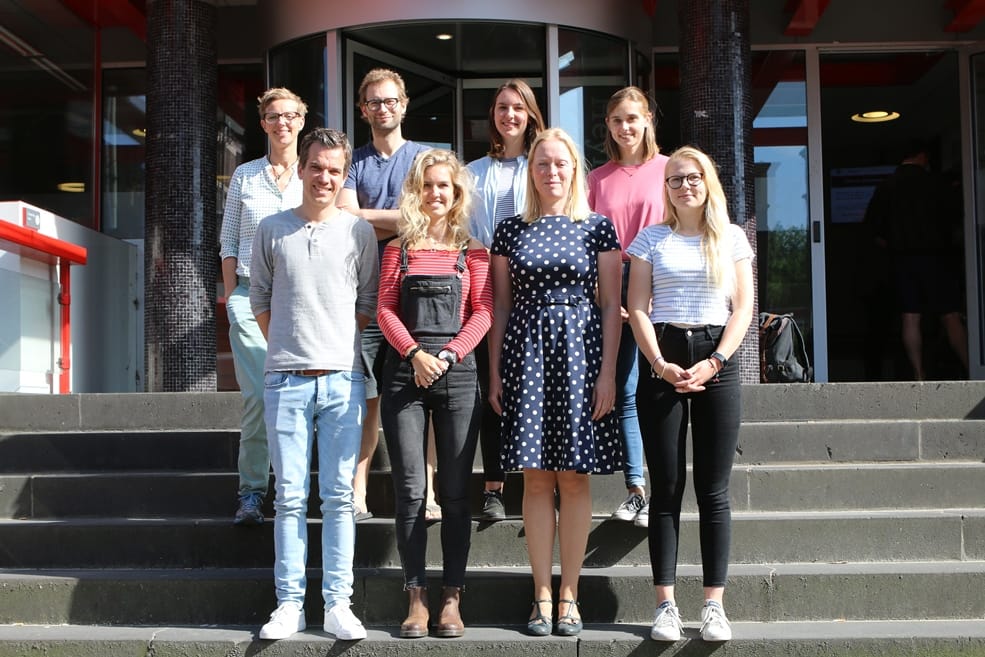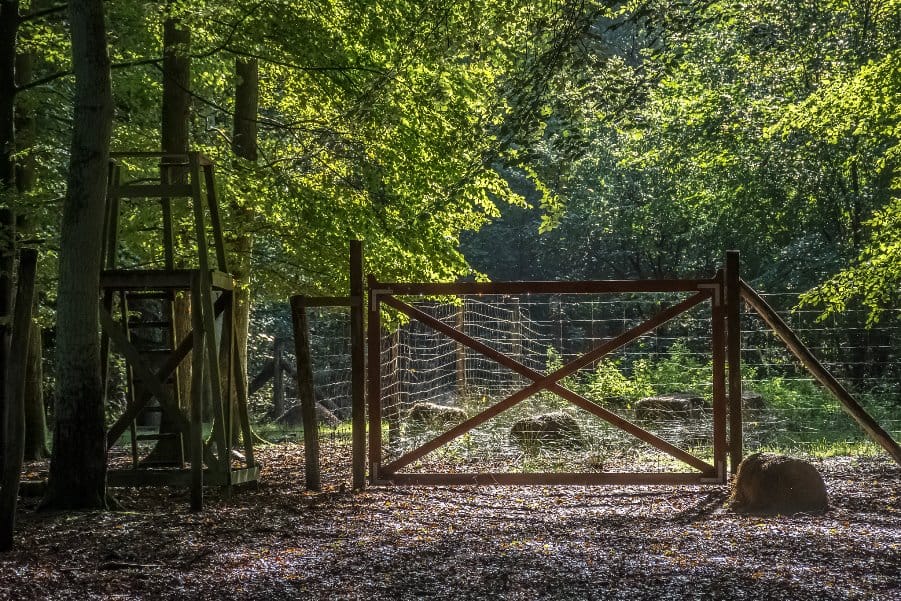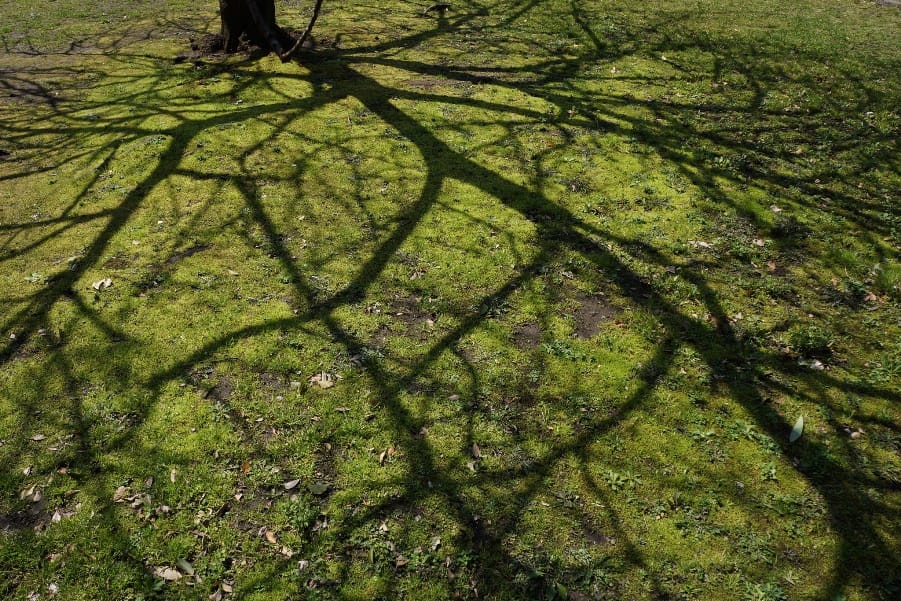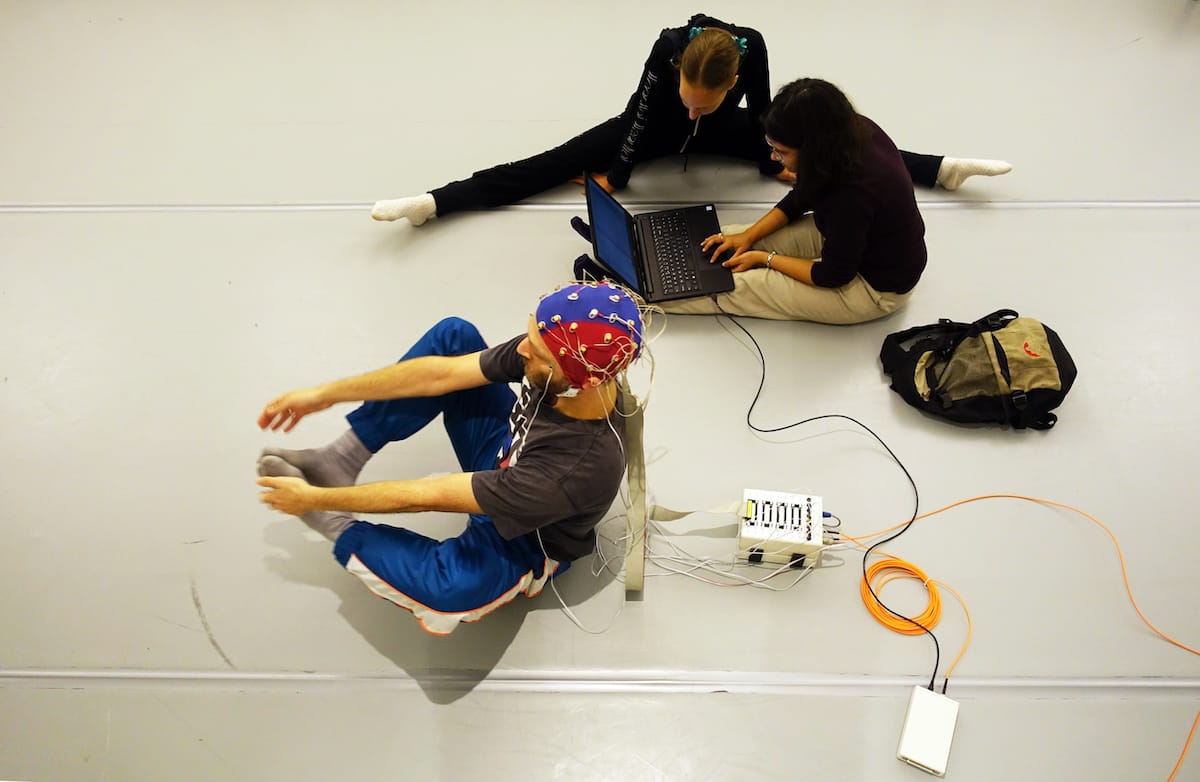I recently learned that I was named the Teacher of the Year in Psychology, which prompted me to reflect on a challenging yet rewarding teaching experience from last year. I learned a lot though that experience and thought it helpful to share some of these lessons with the readers of Mindwise.
I decided to write this blog about writing and citing after stumbling upon a phantom article – a cited article on how to write that does not actually exist, but nonetheless has been cited hundreds of times.
This blog was not supposed to be an analysis of contemporary research methodology. Nevertheless, it became one when I discovered how much information we lose in psychology because of one simple question.
Many of us no longer perceive science as extraordinary. Institutionalized, commodified, within a couple of clicks distance, one could argue that science is just another industry. Thrilling through its failures more often than through its successes, science is revealed as an enterprise prone to bias and fraud, often governed by personal interests and embedded in […]
This is one of two blogs addressing the question how to engage students. Based on students’ feedback, the Education Committee has collected good examples of teaching that could serve as an inspiration for teachers. This part is going to be focused on methods that can be implemented in large classes.
Open Science practices should help solving the replication crisis, but they can be difficult to maintain. Perhaps the biggest problem is that individual researchers may think that they own the methods they designed or the data they generated. This may change if universities reward teams (including applied statisticians) rather than individuals.
Open Science practices should help solve the replication crisis, but they can be difficult to maintain. This post discusses some challenges to preregistering studies and committing to the PRO initiative that may be addressed by a change in the policies of academic journals.
Engaging in what has been dubbed Questionable Research Practices has been the norm in psychological research for decades. In this post a researcher in Experimental Psychopathology, who was trained in the era before the replication crisis started, describes why and how she adopted new research practices.
A text inspired by Notes on Synchrony, a collaborative project between dancers and neuroscientists in which art and science merge. Notes on Synchrony will be on in the Groningen Grand Theatre as part of the Moving Futures festival on the 16th and 17th of March. Which of the following words do you associate with art, and […]
Science is the driving force behind what we consider reliable knowledge, and it usually works like this: a scientist has a theory, formulates a hypothesis that derives from this theory, designs a study to test that hypothesis, and, in the end, draws a conclusion regarding whether the initial theory was supported by that study—either through […]


